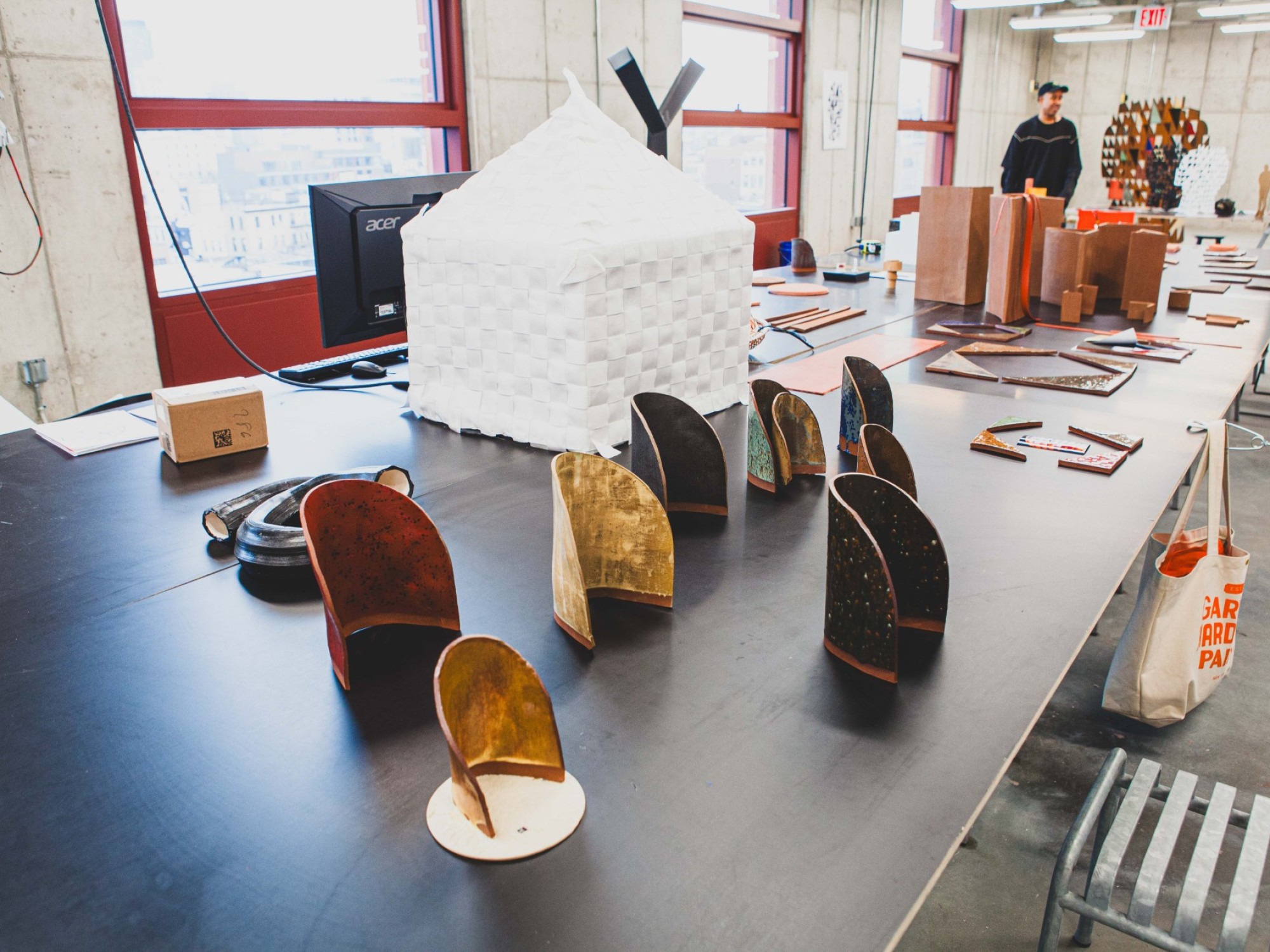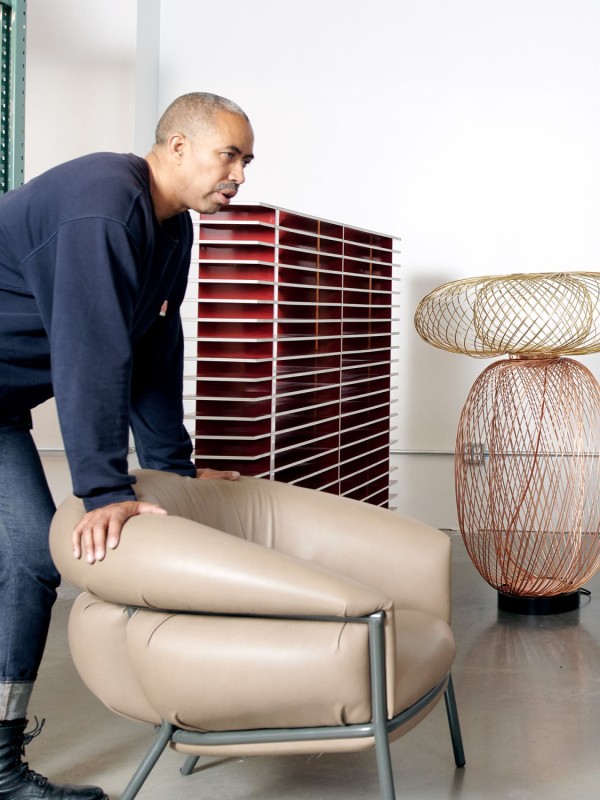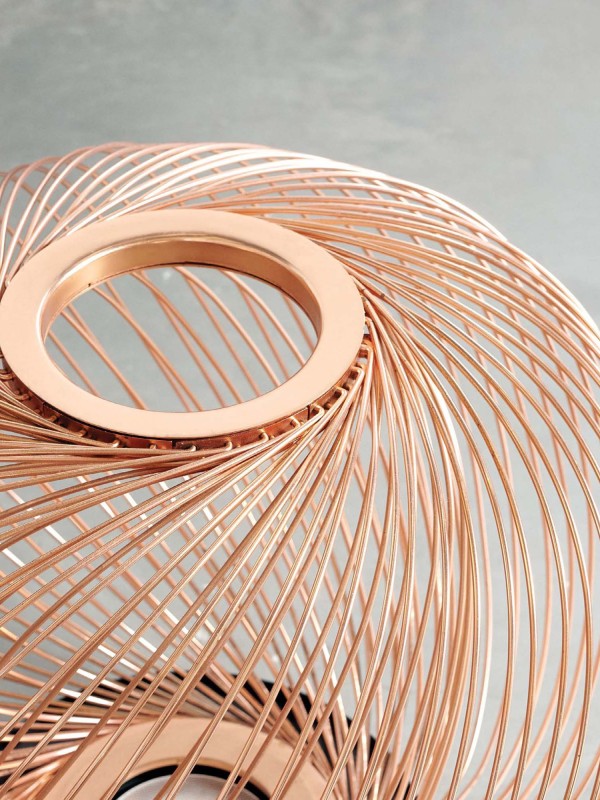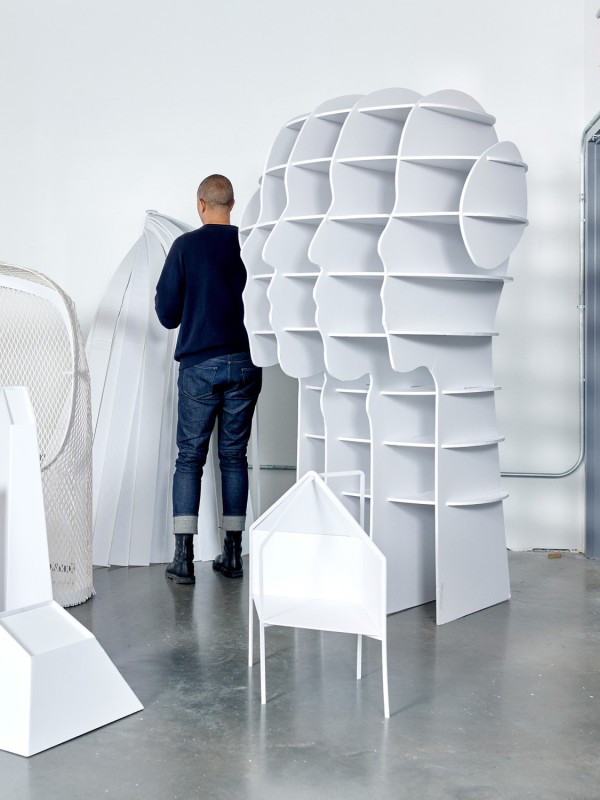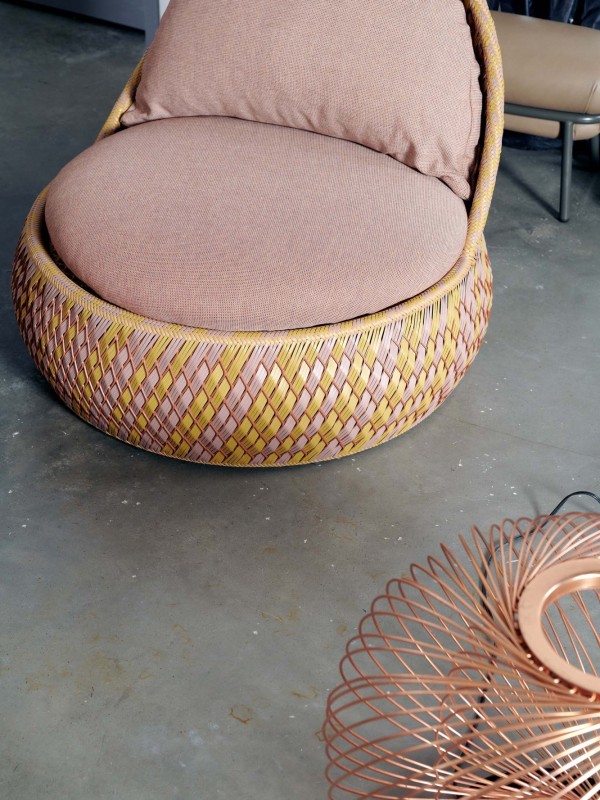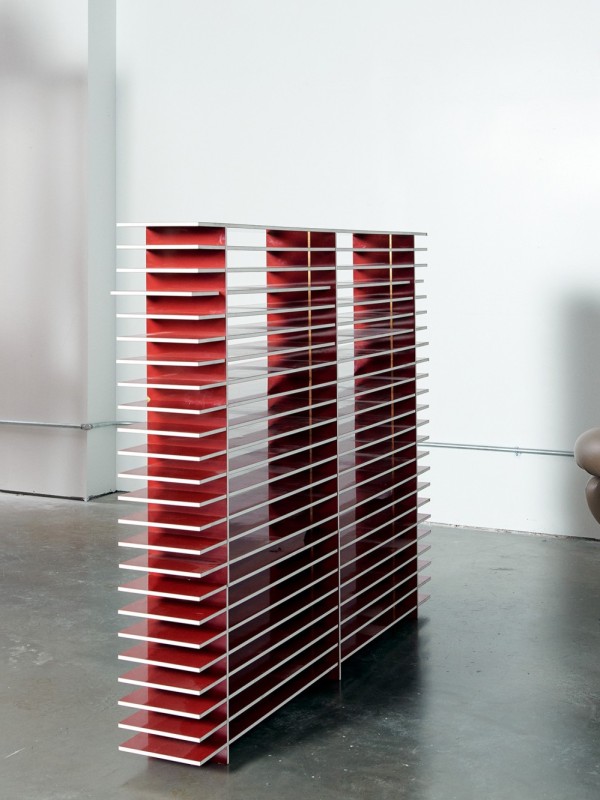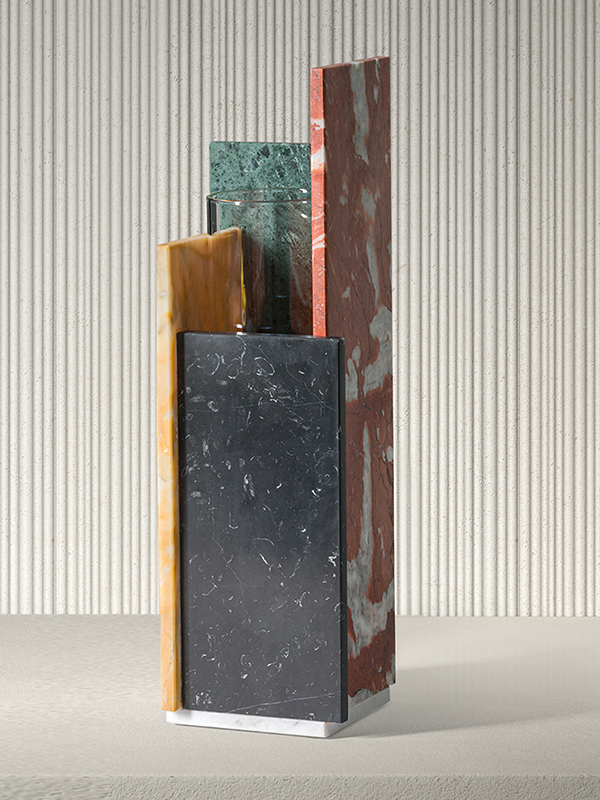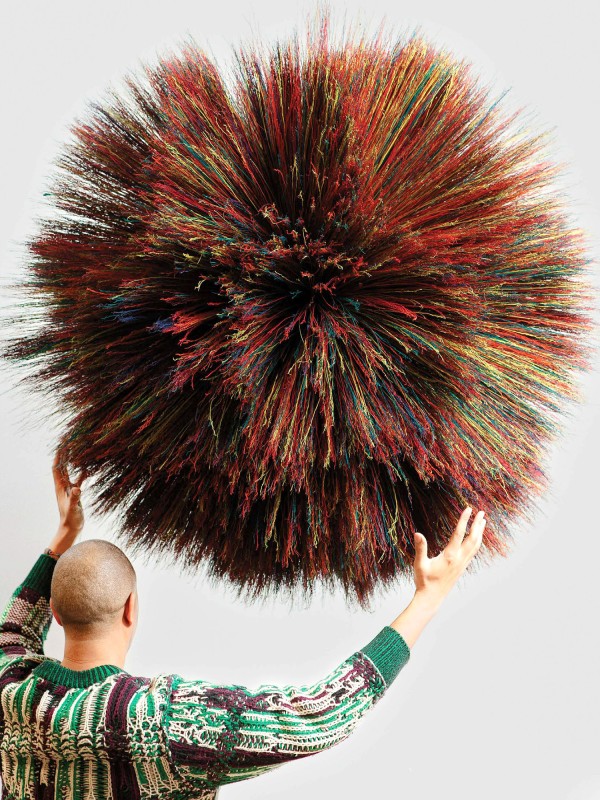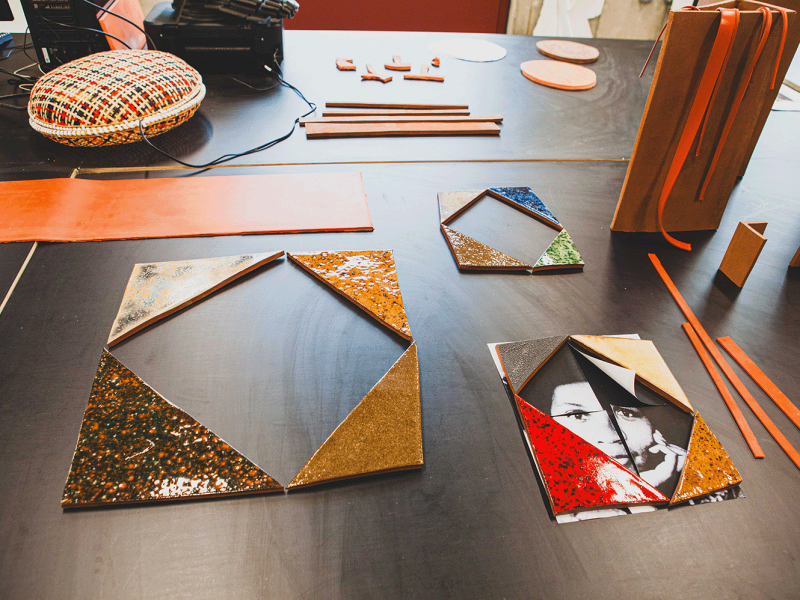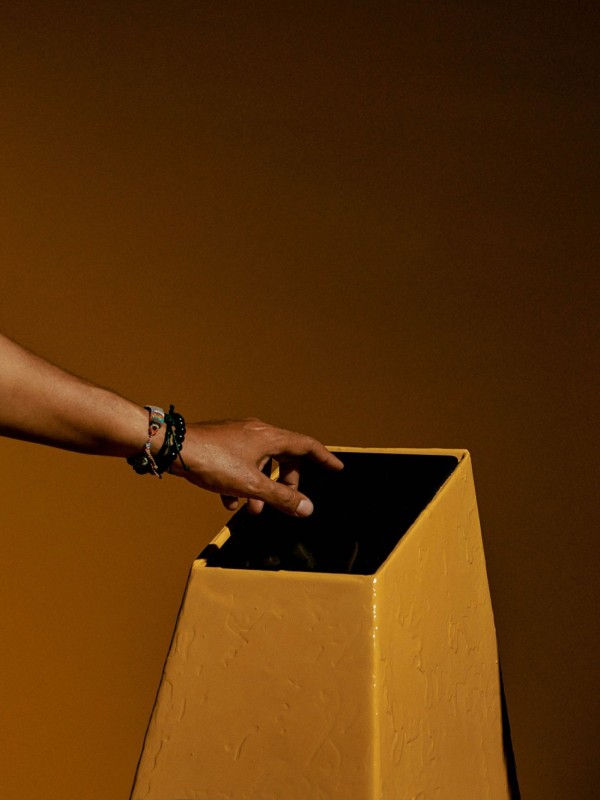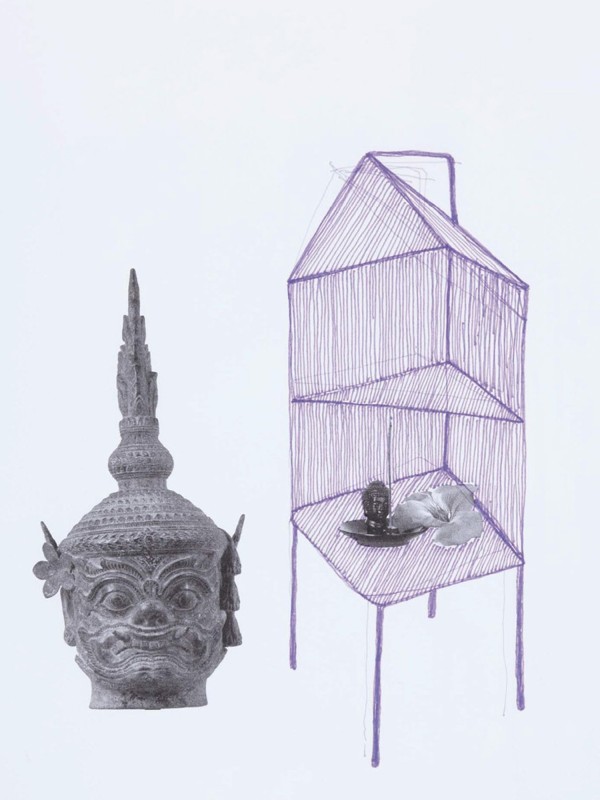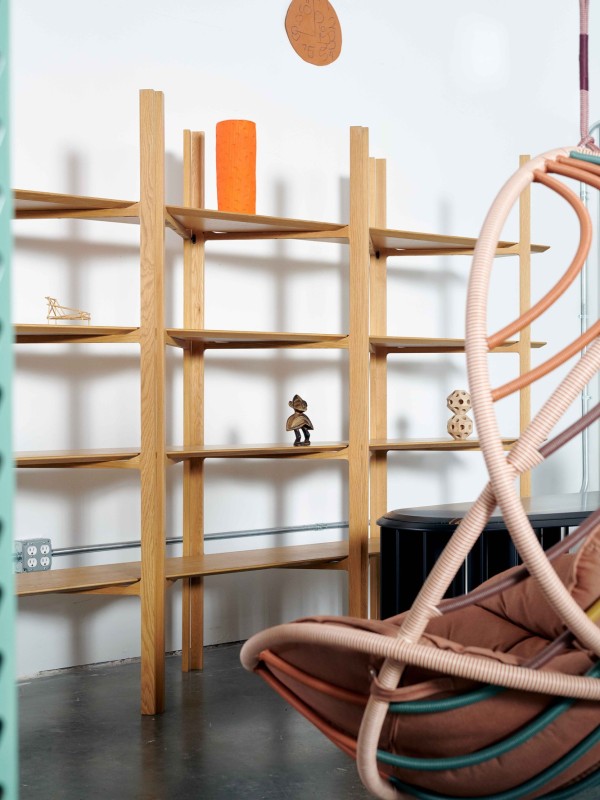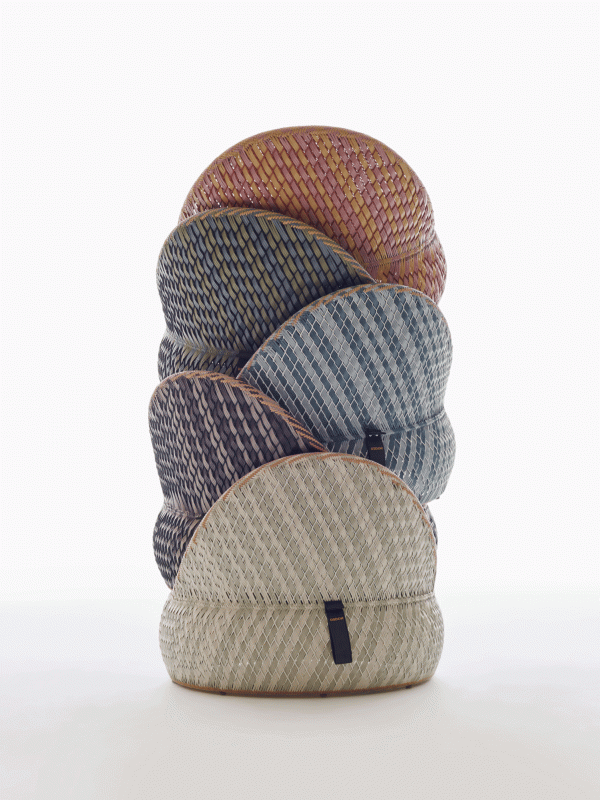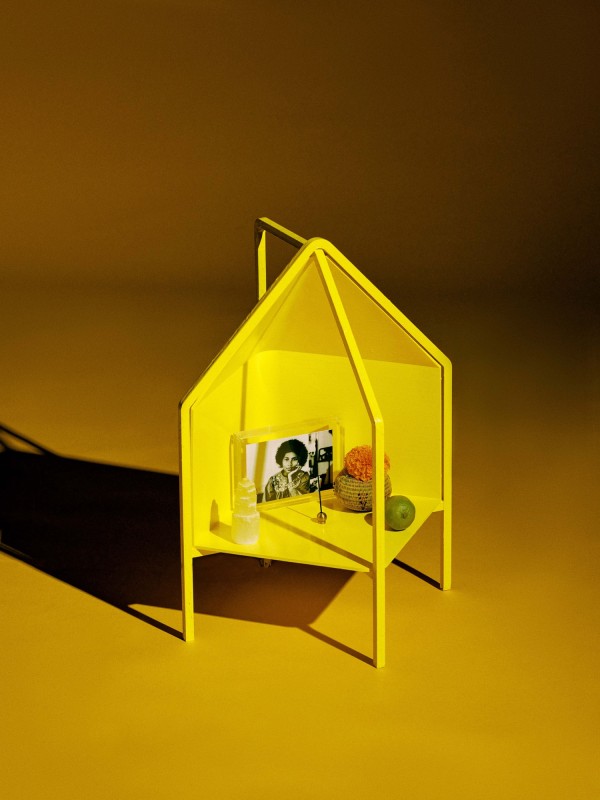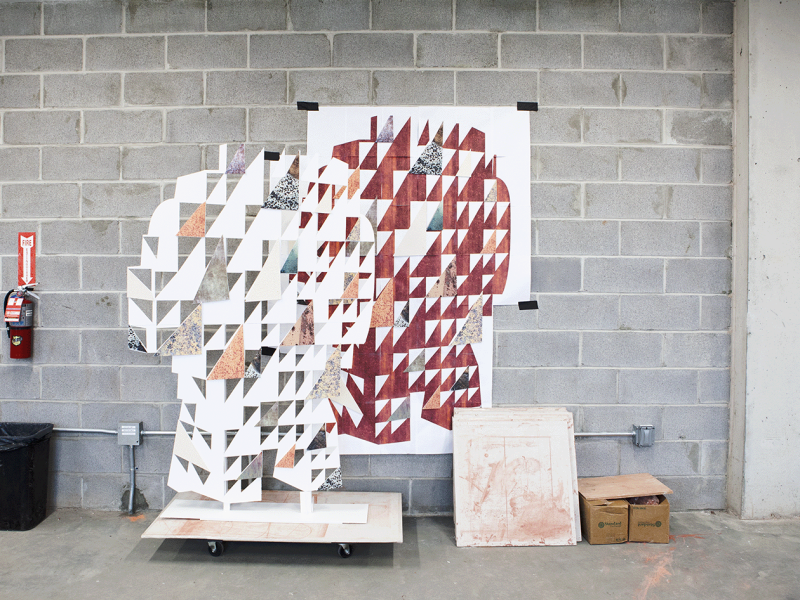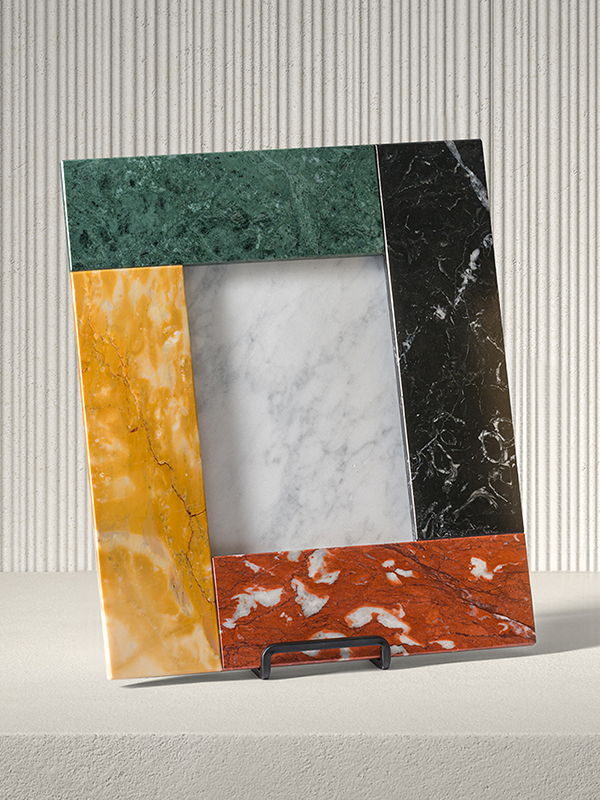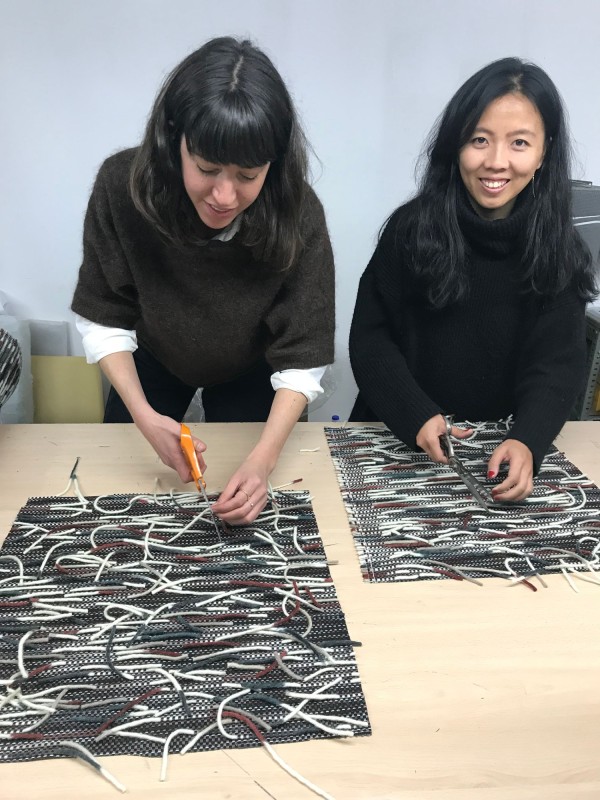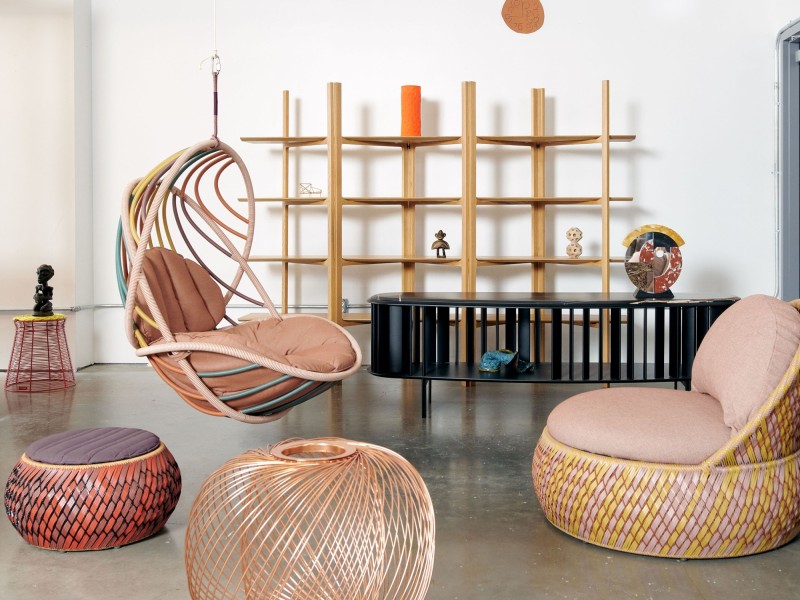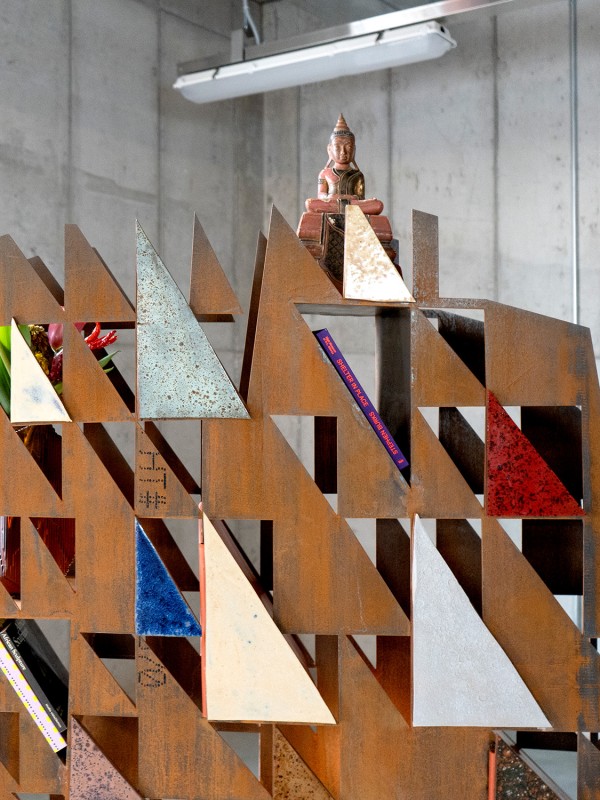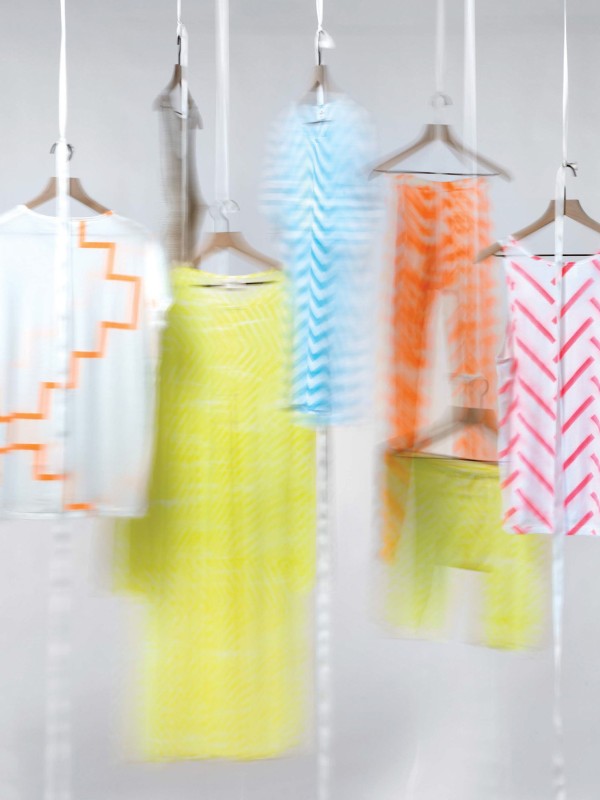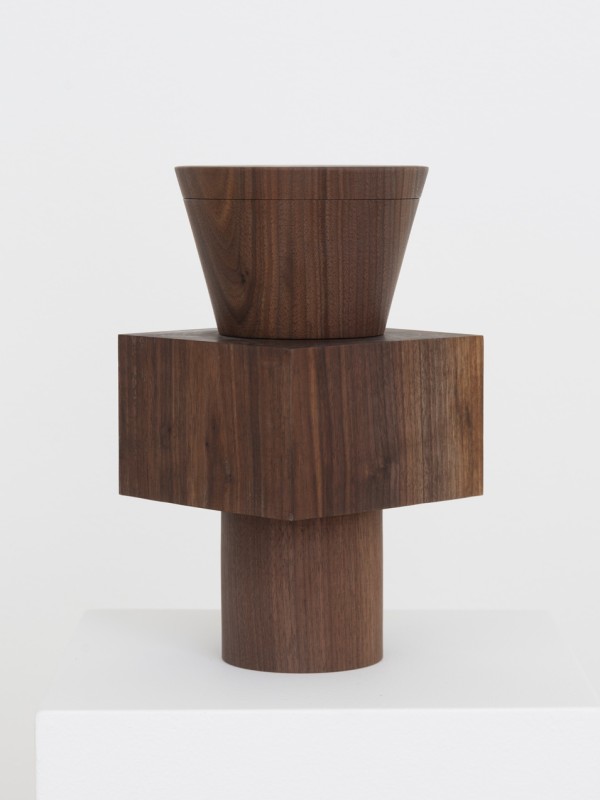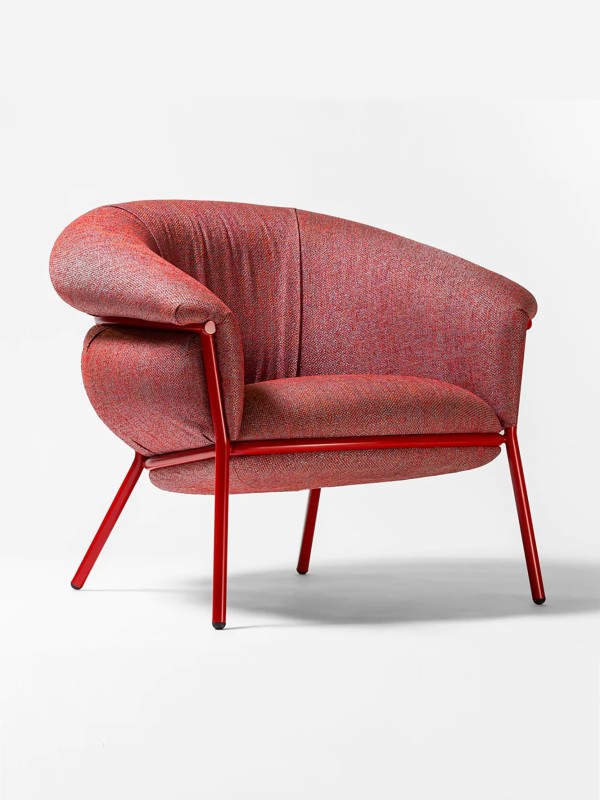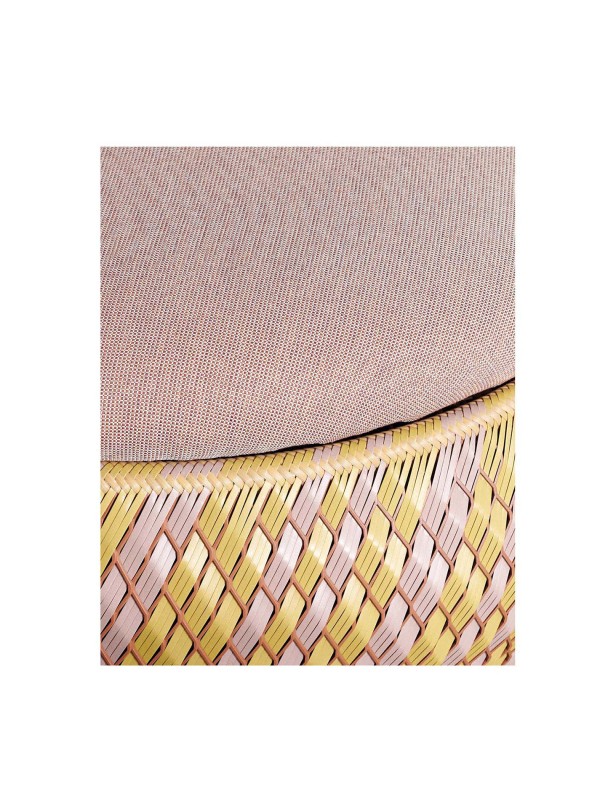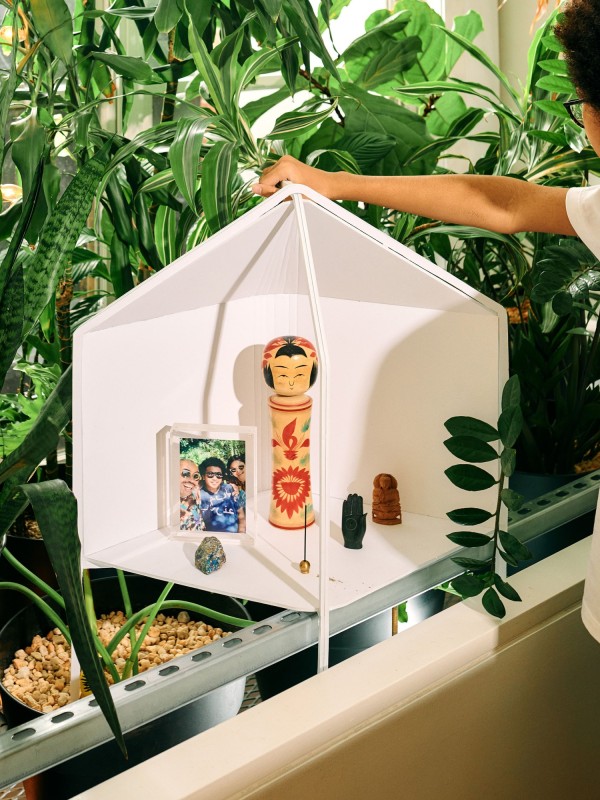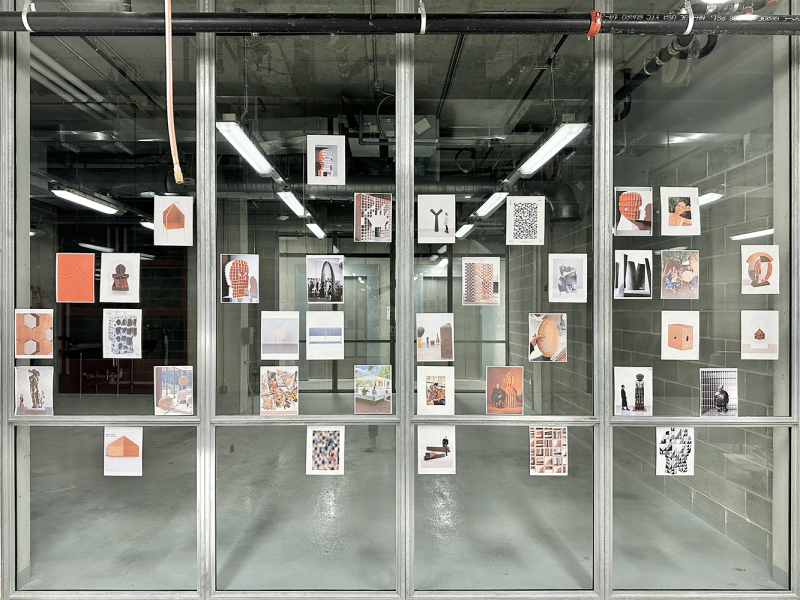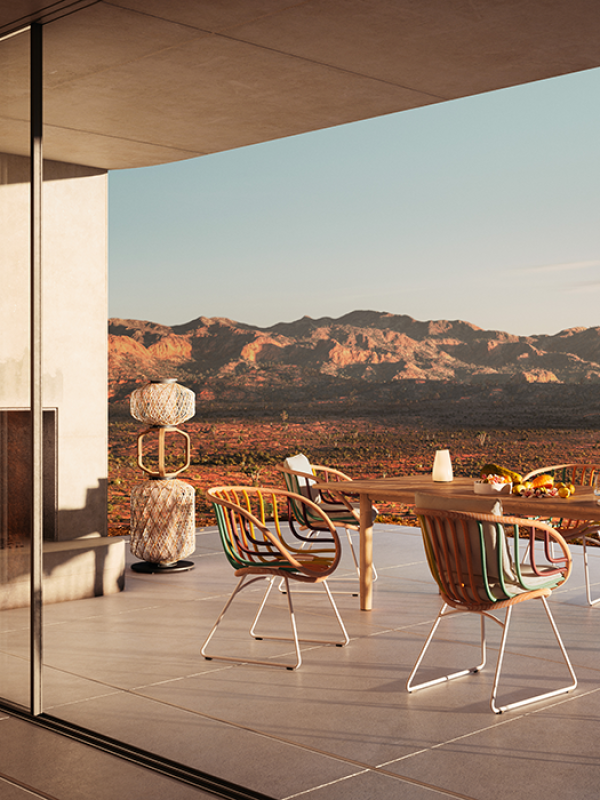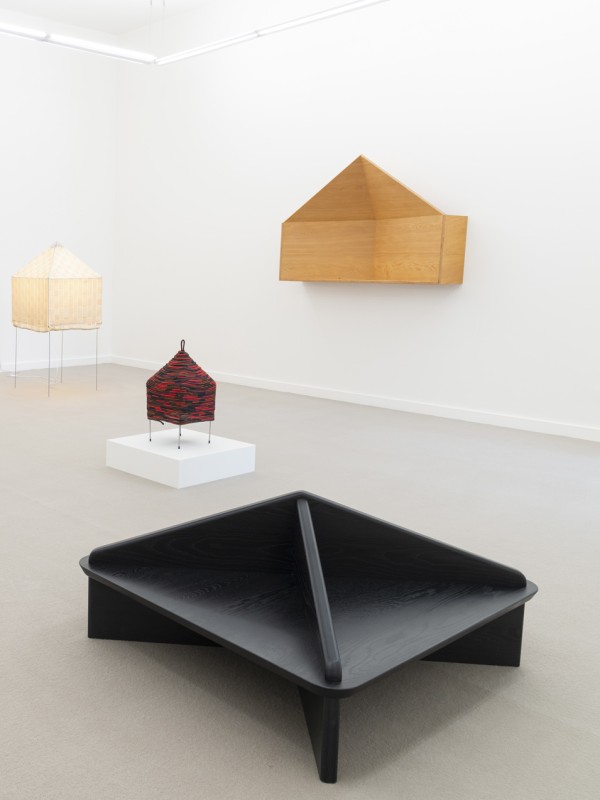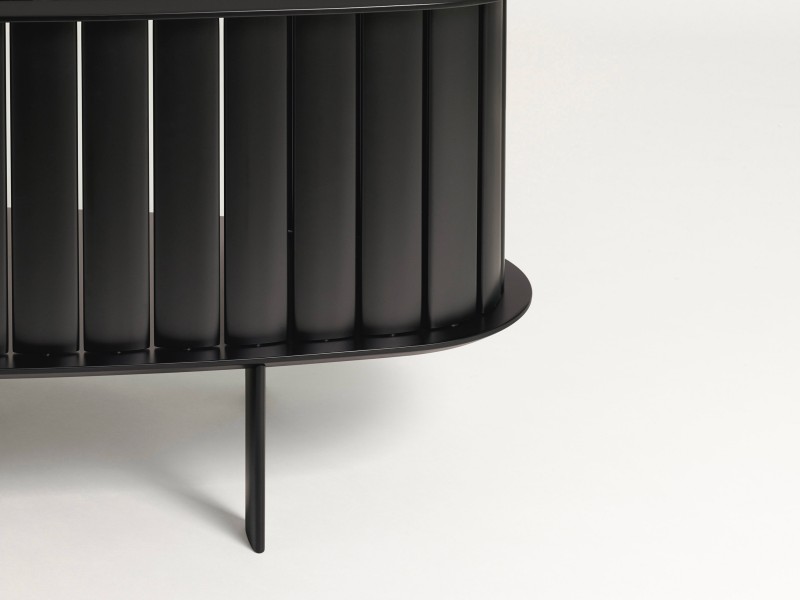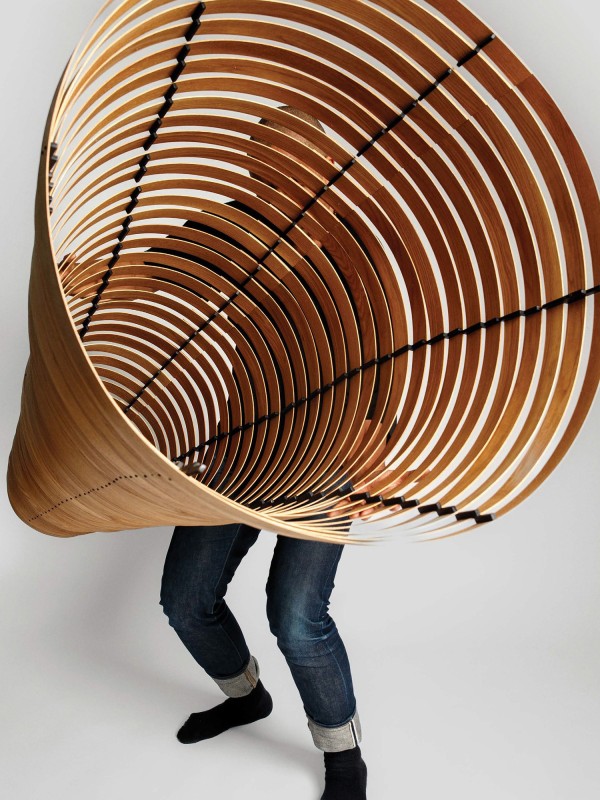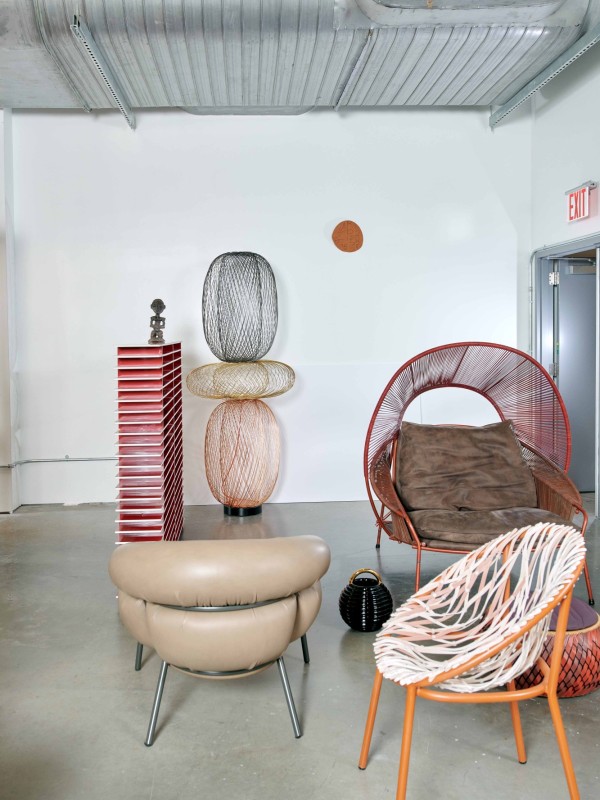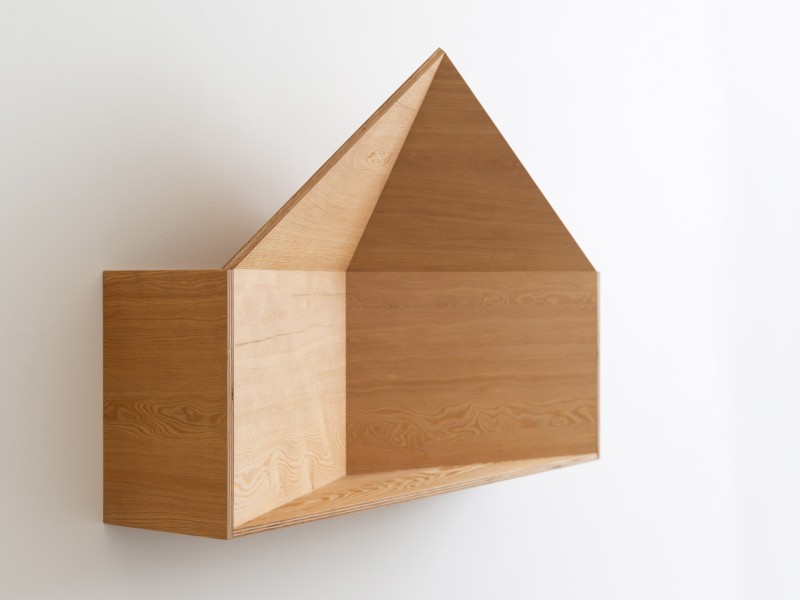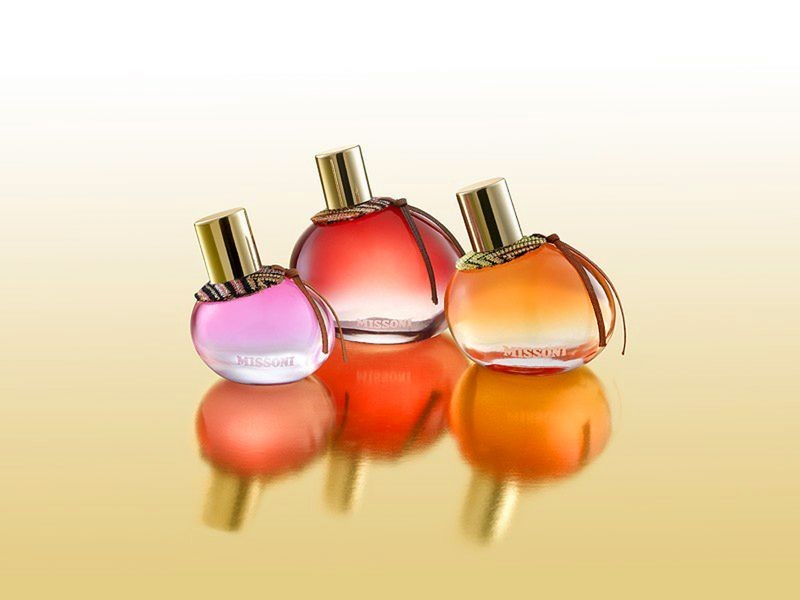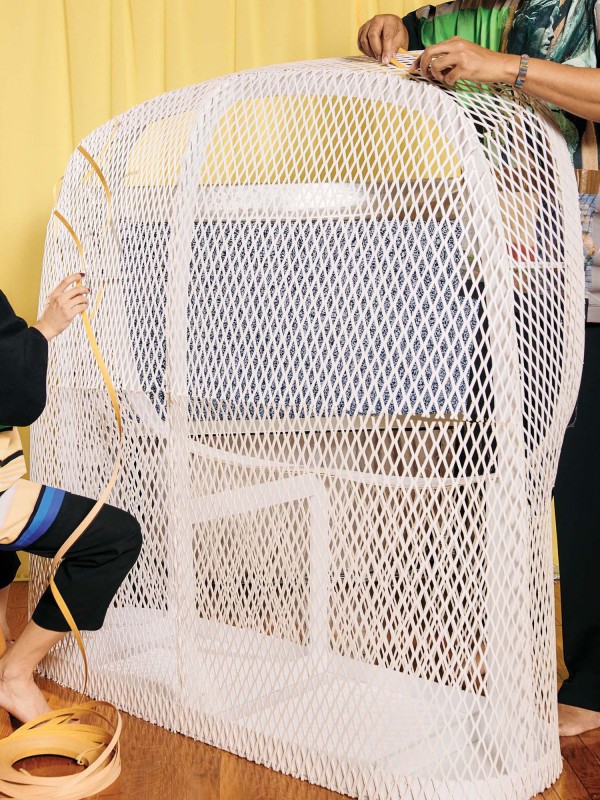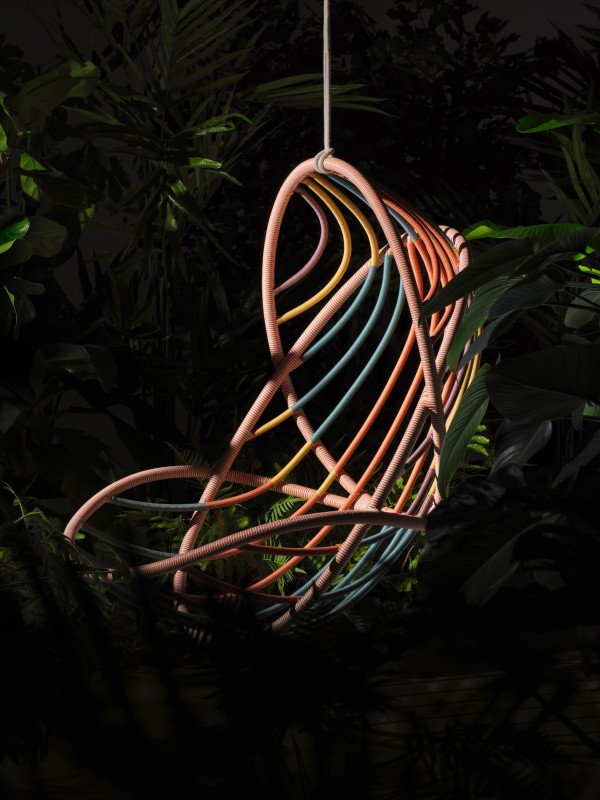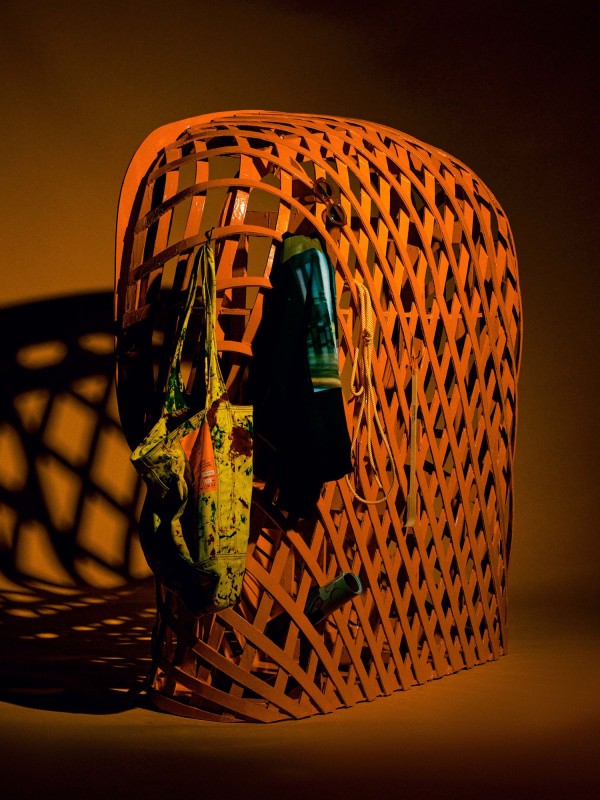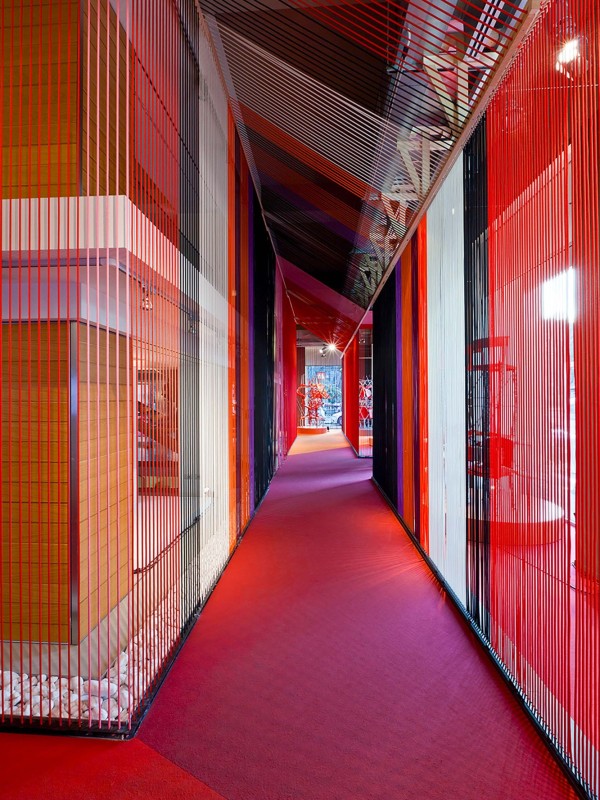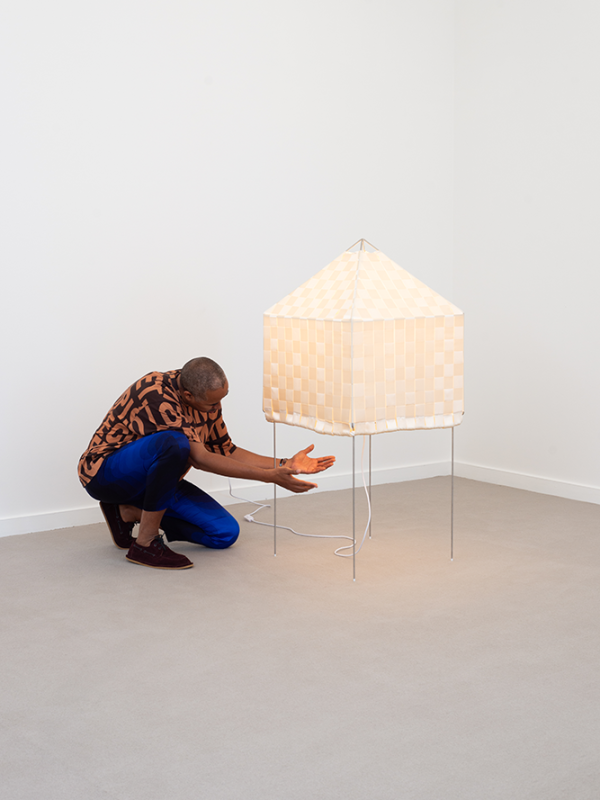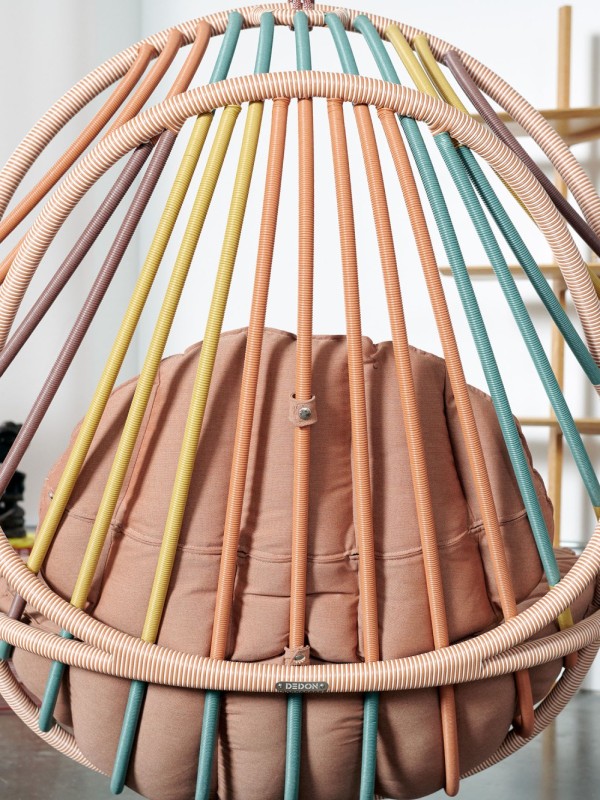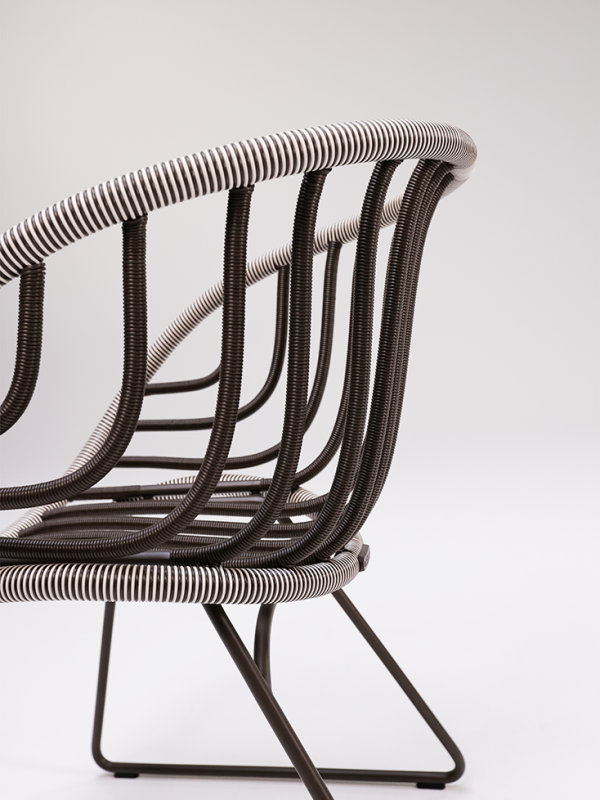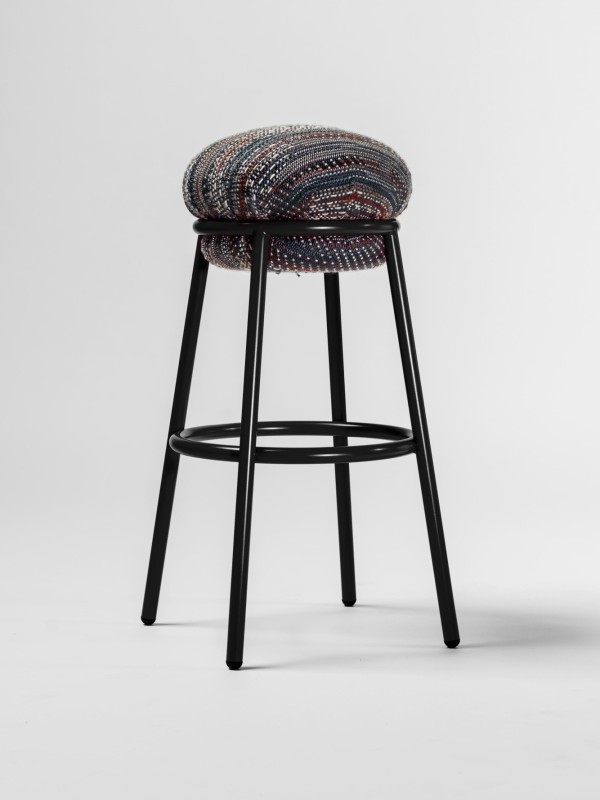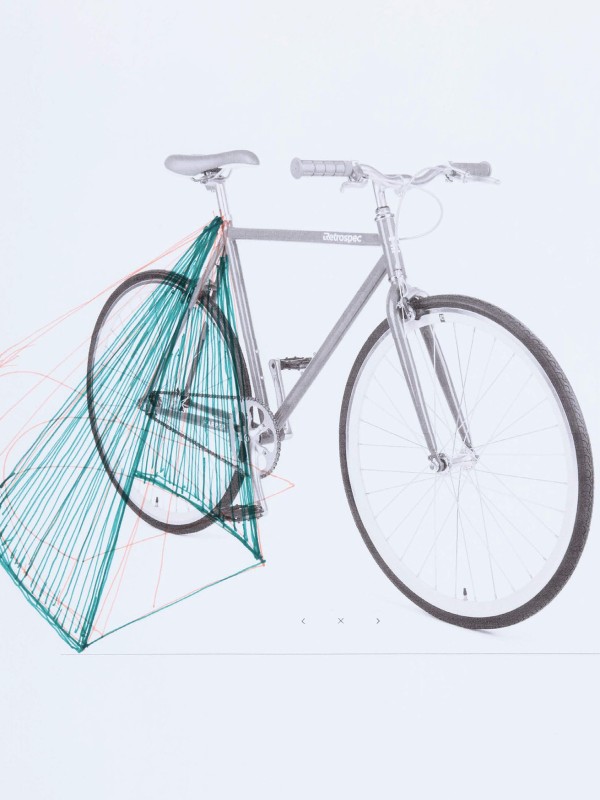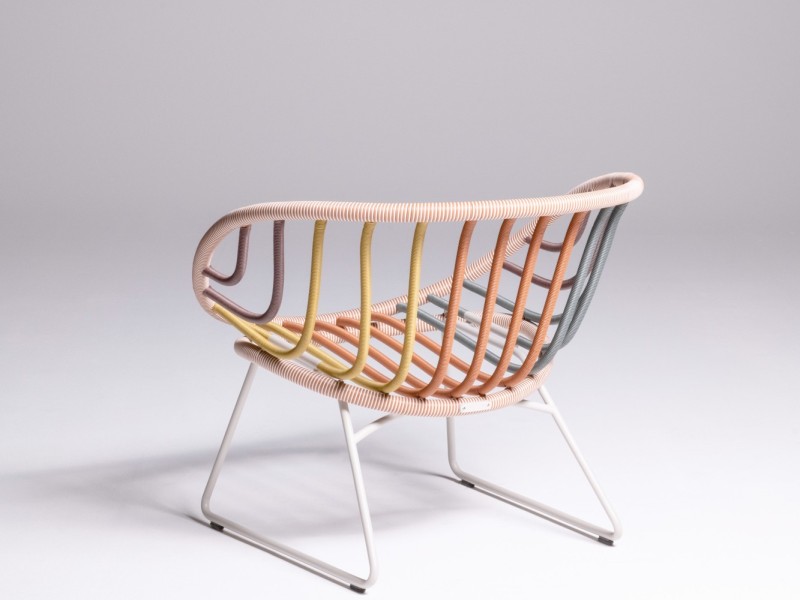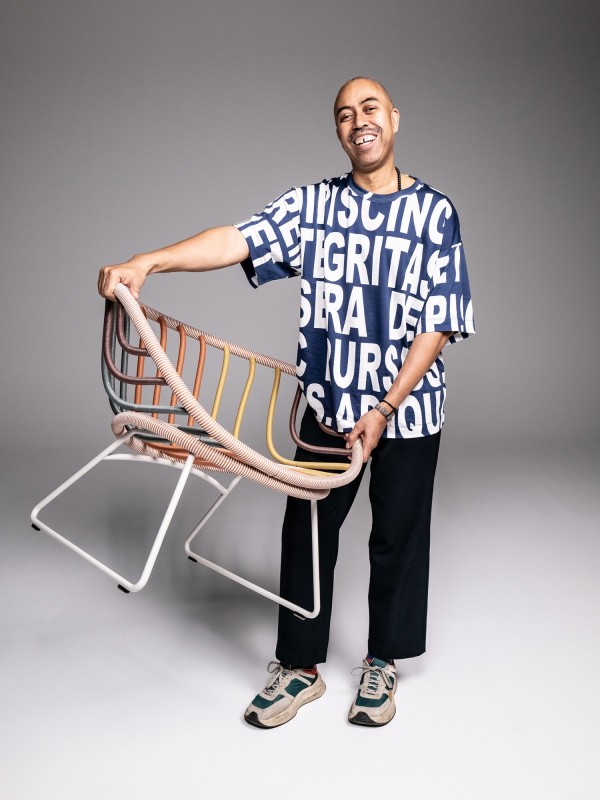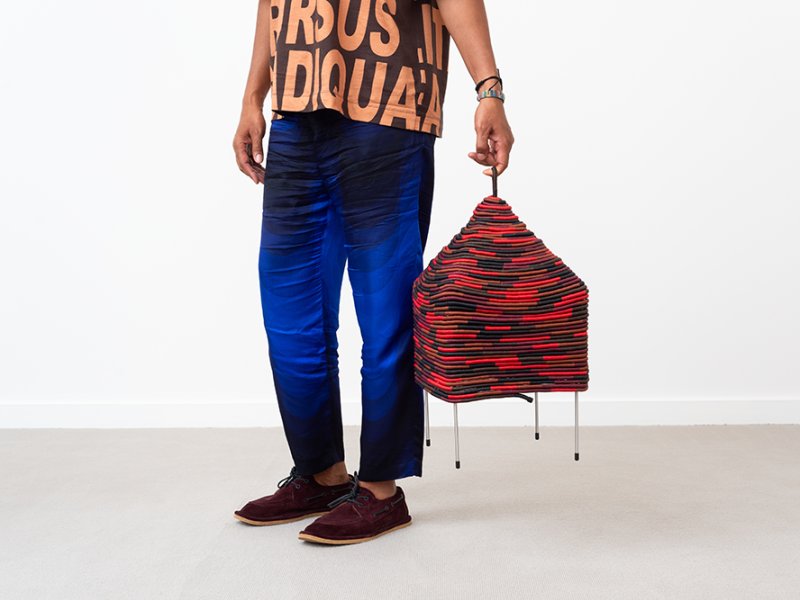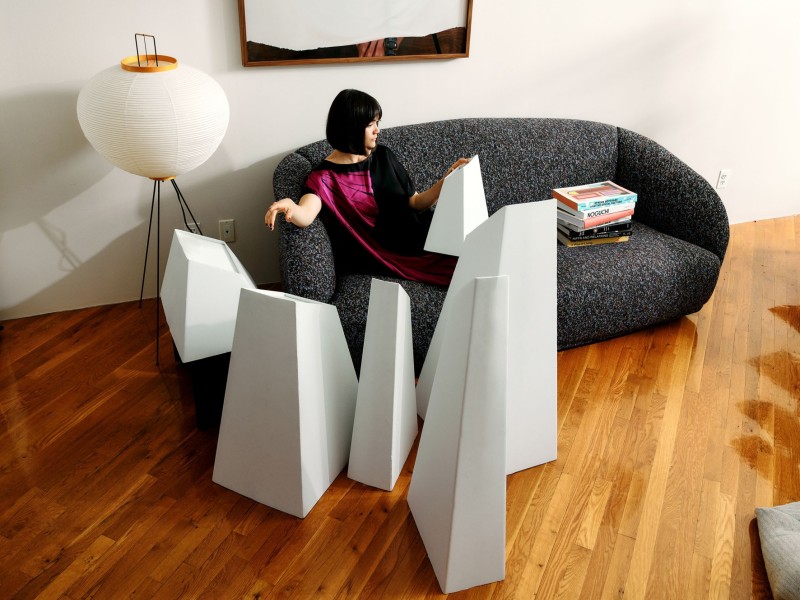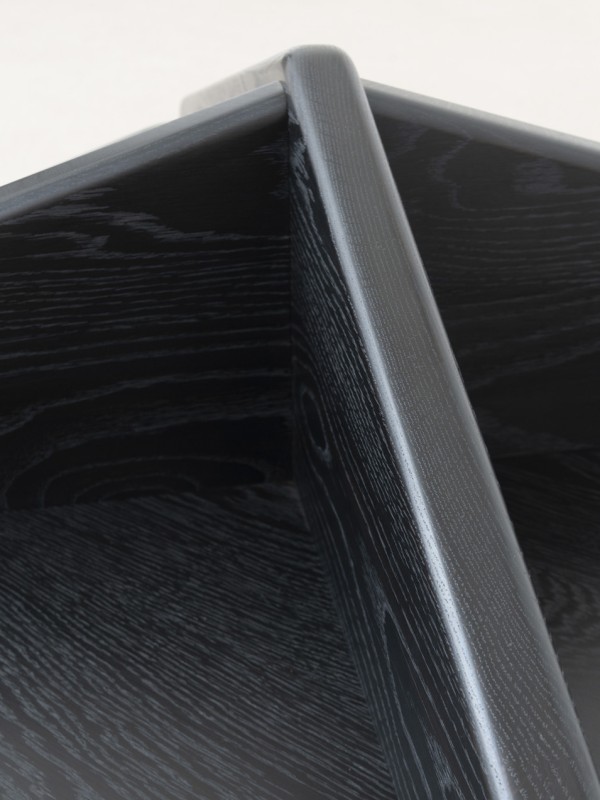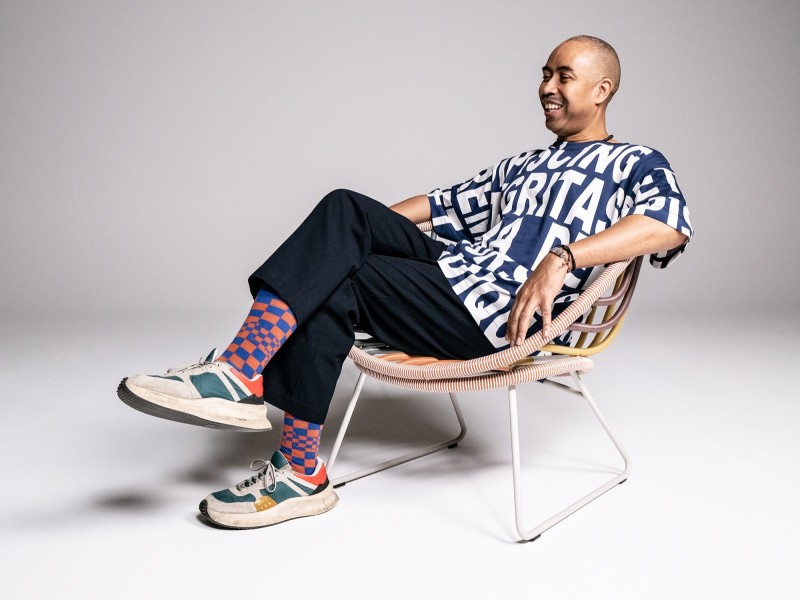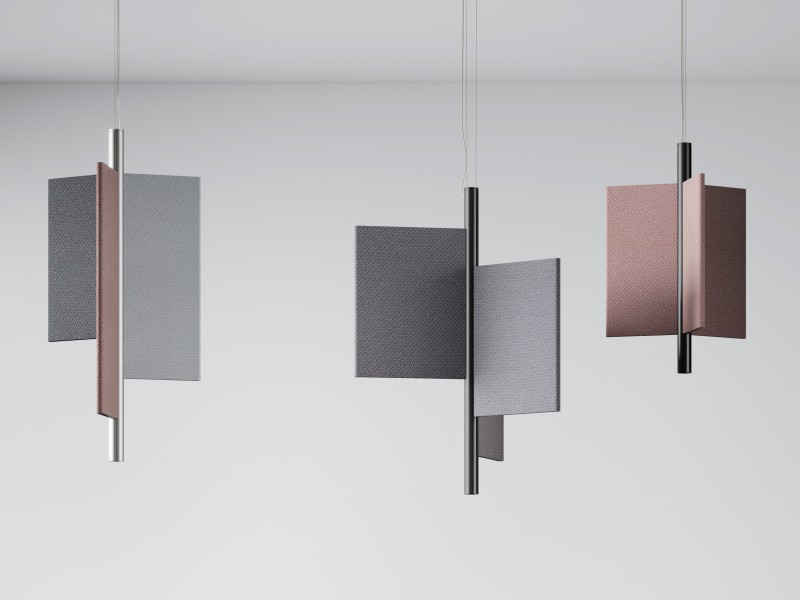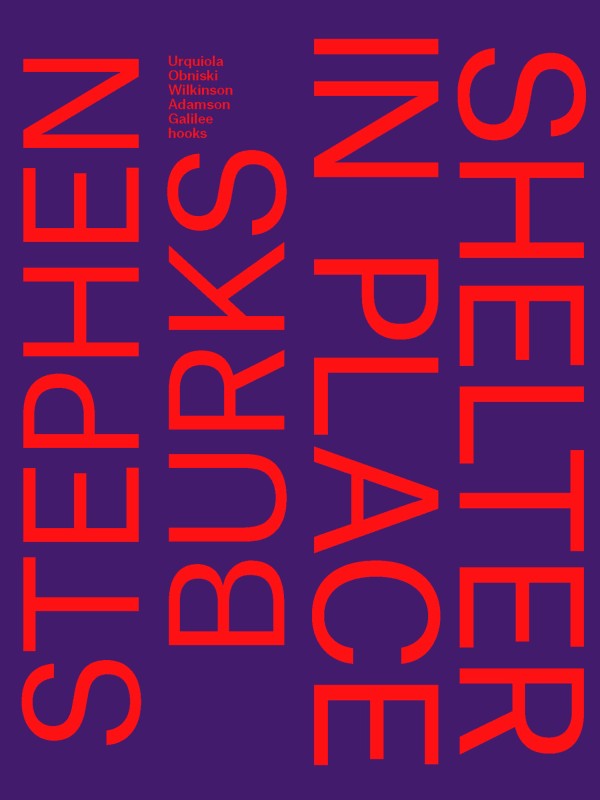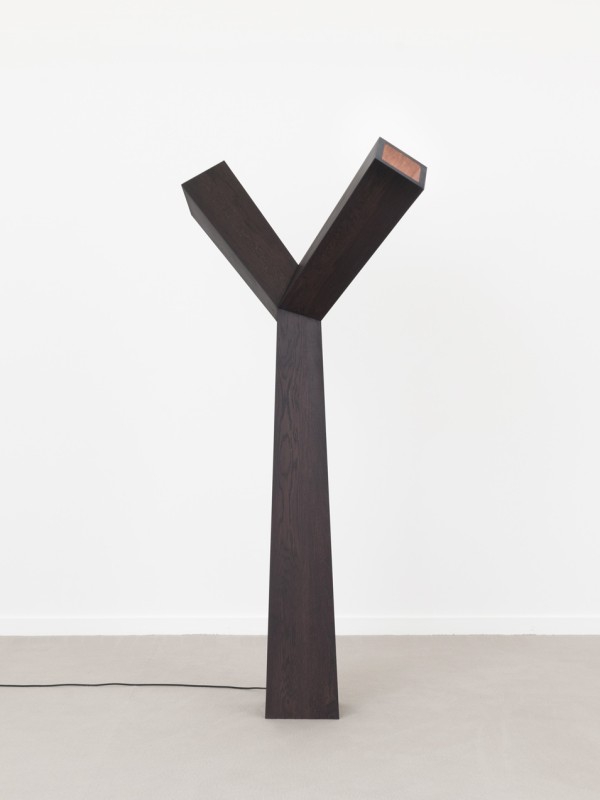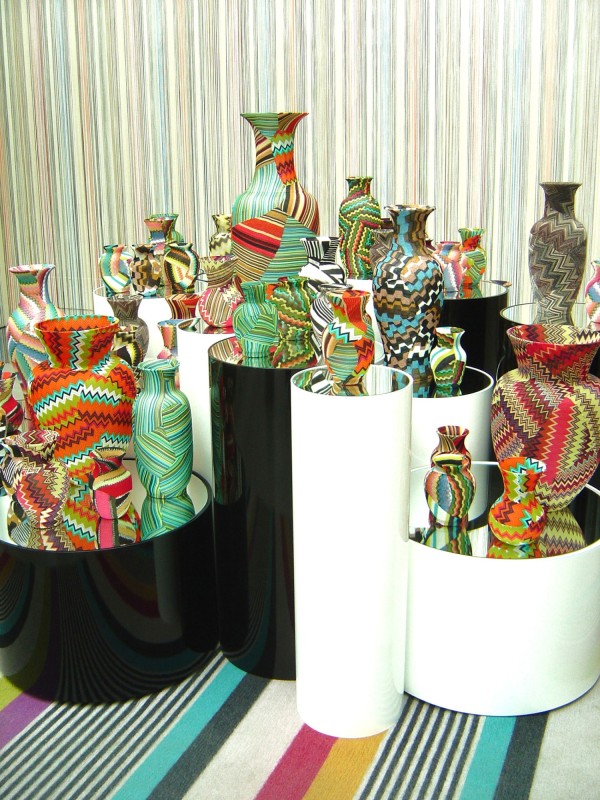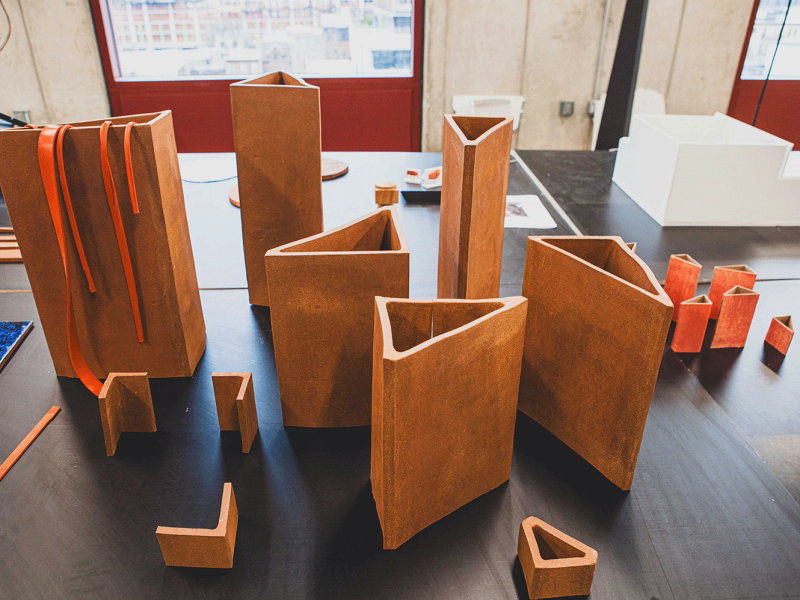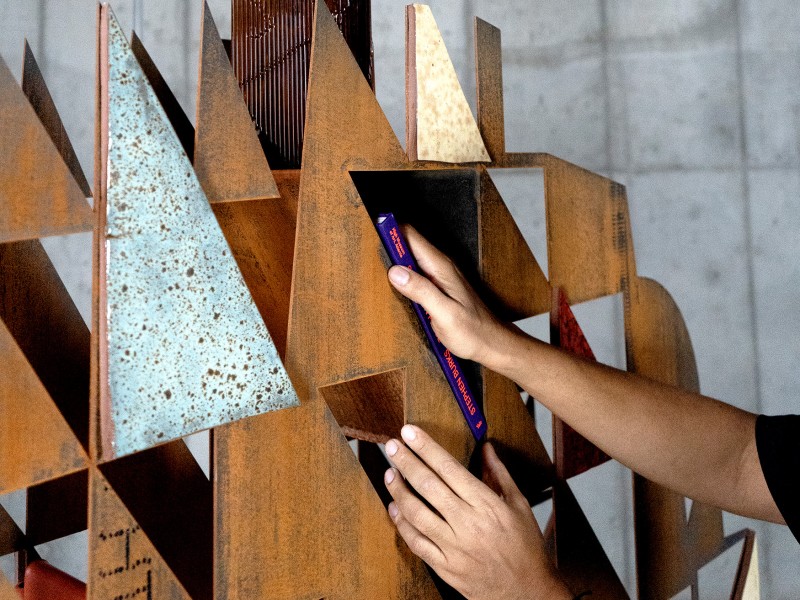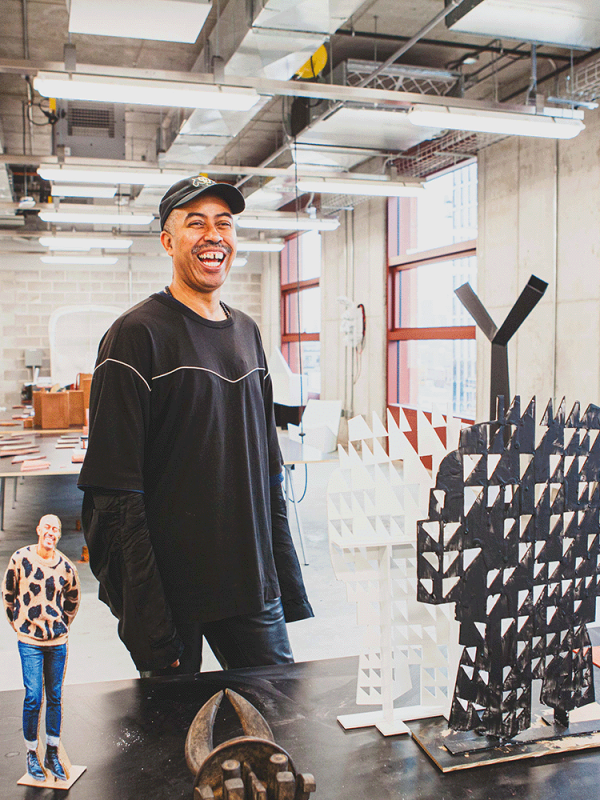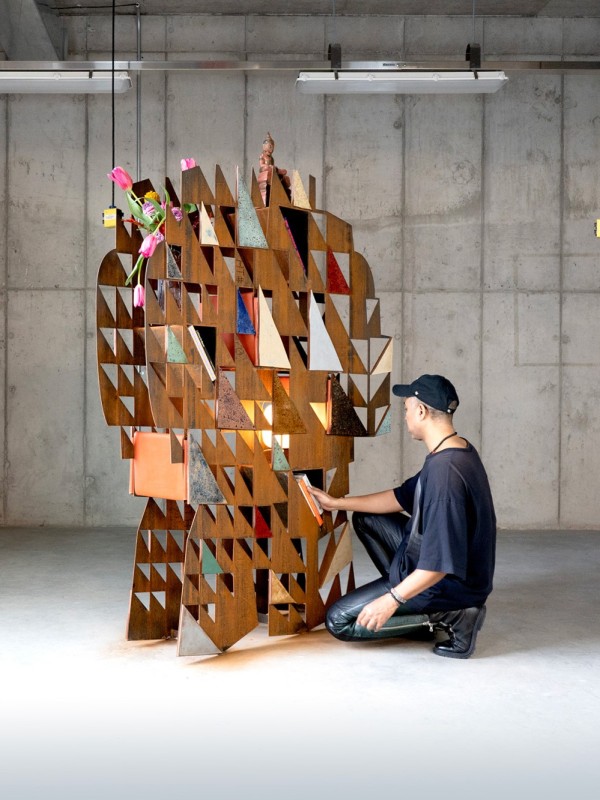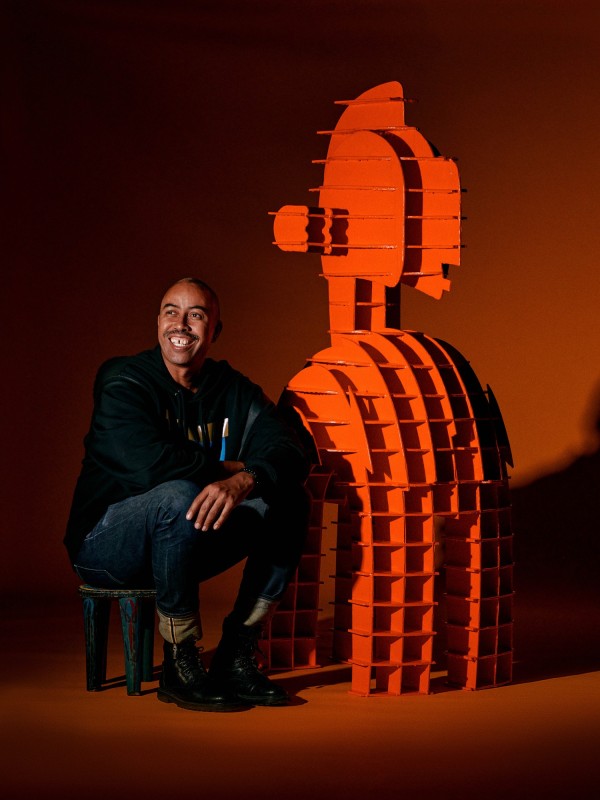A Design Manifesto for the 21st Century
The 20th century model of designer as singular auteur operating in isolation from society must change. In this age of converging global crises – rising global temperatures, mass displacement, and extreme income inequality – designers must do more than give form to objects of desire and consumption. Designers must work collaboratively within communities, between disciplines and across social spectrums to define global problems and implement local solutions.
Design is a western concept whose mass-market output is currently controlled by a very small percentage of the global population. Using a value system that attempts to dictate taste and control the market from a position of Eurocentric bias and economic exclusivity, those in the dominant position of the Minority World produce products that bypass the majority of people on Earth or contribute negatively to their well-being through waste and exploitation.
Beyond attempts at cultural sampling for luxury consumers following trends, how can the other 90% of the globe – the Majority World – participate in shaping the future? How do we find new ways to incorporate alternative narratives and possibilities for how we imagine, use, and make design?
Designers of the 21st century must build bridges between the Majority and Minority world. The system of design and designers must find new voices, new modes of operating, and new tools for fabricating. If the future of design is to be pluralistic and inclusive of all cultural perspectives, then the designer of the 21st century must act as a conduit through which ideas flow. This begins by acknowledging that everyone is capable of design. And that everyone should have access to the potential for social and economic transformation that design unlocks.
Design education, professional practice, and technology have the potential to drive economic transformation from the ground up by sharing knowledge, creating opportunities, fostering jobs and laying the foundation for the long-lasting infrastructure that can make a real difference as populations shift from rural to urban, traditional to modern. Yet, modernity is not a one-size-fits-all condition and designers of the 21st century must define alternative forms of progress derived from within rather than imposed upon communities.
Indeed, how we translate and adopt traditional and indigenous ways of knowing into design practices and principles for the future may well be our salvation. If working with artisanal communities gets us closer to the act of making, how can we as designers create more room for innovation? If the future of craft is technology, then the future of technology must support craft. When does the age-old wisdom of making from the so-called developing world meet the knowledge of data from the so-called developed world to truly improve people’s lives by design?
Our goal is to integrate hand techniques into industrial manufacturing in order to shift the perception of craft towards necessity and extend craft traditions into the future through a more symbiotic relationship with diverse communities within the built environment and the objects that define us. By doing so, we believe design can serve as a tool for realizing all the world’s futures and not just a privileged few.
About
Stephen Burks Man Made is an internationally recognized hands-on collaborative design studio deeply invested in the transformative power of craft techniques that challenge the limits of new technologies within industrial production.
We believe in a pluralistic vision of design that is inclusive of all cultural perspectives and backgrounds.
We bring the hand to industry through a community-driven, workshop-based practice.
Our projects include furniture, lighting, interiors, exhibitions, and product design.
We are Stephen Burks (Principal), Malika Leiper (Cultural Director), Vara Yang (Design Consultant), and Fridolin Jeger (Design Assistant).
Our solo exhibition Stephen Burks: Shelter in Place, formerly at the High Museum of Art in Atlanta (September 16, 2022 - March 5, 2023) was part acclaimed mid-career survey and part commissioned speculative project presenting the last decade of professional practice alongside new expressions of radical domesticity through handcrafted industrial design.
Most recently, Stephen Burks: Spirit Houses opened at Volume Gallery in Chicago and Stephen Burks: Shelter in Place (November 19. 2023 - April 16, 2024) opened at the Philadelphia Museum of Art where Stephen became the first African American to receive the Collab Design Excellence Award.
Follow us on Instagram @stephenburksmanmade and contact us at info@stephenburksmanmade.com.
Stephen Burks
Chicago native, Stephen Burks is an acclaimed industrial designer, product development consultant, and educator whose innovative approach to design synthesizes craft, community, and industry. Independently and through association with various non-profits, he has collaborated with artisans and craftspeople in over ten countries on six continents. His socially engaged practice seeks to broaden the limits of design consciousness by challenging who benefits from and participates in contemporary design.
Stephen and his studio, Stephen Burks Man Made, have been commissioned by many of the world’s leading design-driven brands to develop collections that engage hand production as a strategy for innovation to express a more pluralistic vision of design including BD Barcelona, Cappellini, Dedon, MASS Design Group, Missoni, & Roche Bobois.
He has had solo exhibitions and led curatorial projects at the Studio Museum in Harlem (Stephen Burks Man Made, 2011), the Museum of Art & Design (Stephen Burks, Are You a Hybrid, 2011), and the High Museum of Art (Stephen Burks: Shelter in Place, 2022).
He has been visiting faculty and a strategic consultant to academic institutions around the globe and taught architecture and design at Berea College, Columbia University GSAPP, ECAL, the University of Arkansas Fay Jones School of Architecture & Design, and the Harvard University Graduate School of Design.
Stephen received a Bachelor of Science in Design from the Institute of Design (The New Bauhaus) at the Illinois Institute of Technology and a Master of Architecture from Columbia University's Graduate School of Architecture, Planning, & Preservation. He is the only African-American to win the Smithsonian Cooper Hewitt National Design Award in Product Design and the only industrial designer to be awarded the prestigious Loeb Fellowship at the Harvard Graduate School of Design.
Malika Leiper
Originally from Cambodia, Malika Leiper is interested in the culture of design across various disciplines with a particular focus on emergent contexts in Southeast Asia.
After completing her master’s in urban planning at Harvard’s Graduate School of Design, she consulted with restaurants, non-profits, local governments, and museums on research and strategies to build creative cultural capacity, often through public programming and community engagement.
She approaches design as a collaborative process of translating knowledge and insights from different worlds into one common language through technical, moral and utopian applications.
Most recently, Malika has contributed to Disegno Journal #34 as a Het Nieuwe Instituut inaugural emerging writing fellow with her first published short story, When The Words Don't Exist.
Vara Yang
Vara Yang joined Stephen Burks Man Made as an industrial designer in New York in 2017.
Before working at Stephen Burks Man Made, she worked with several startups helping them bring their products and services to the market, including smart home devices, smartwatches, smart jewelry, and 3D printers.
Now an independent consultant based in Rotterdam, she continues to work with the studio on projects at various scales from furniture design to packaging to exhibitions.
Vara received her bachelor’s in design engineering from National Cheng Kung University in Taiwan and her master’s in Industrial Design from the Rhode Island School of Design.
residencies
Beginning in the fall of 2023, Stephen Burks and his industrial design studio Stephen Burks Man Made were the inaugural ceramics design fellows in residence at Powerhouse Arts.
With its community-driven members ceramics workshop and metal fabricating consultants, Powerhouse Arts proved the perfect place to develop and produce a new body of work.
Over the course of six months, Stephen Burks Man Made experimented with clay at various scales, glazing techniques, and water jet cutting steel, which ultimately resulted in many unique experiments including the first of the Ancestors.
Powerhouse Arts x Stephen Burks Man Made Instagram Reel
Ancestors (Guardian) appeared at Friedman Benda gallery in The New Transcendence exhibition curated by design historian Glenn Adamson from January 11 - February 24, 2024.
Design Assistant Emma Xu
Metal Fabricator Workspace 11





